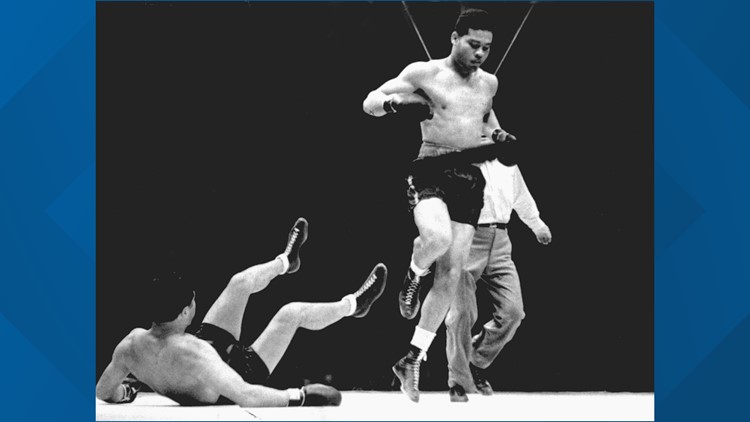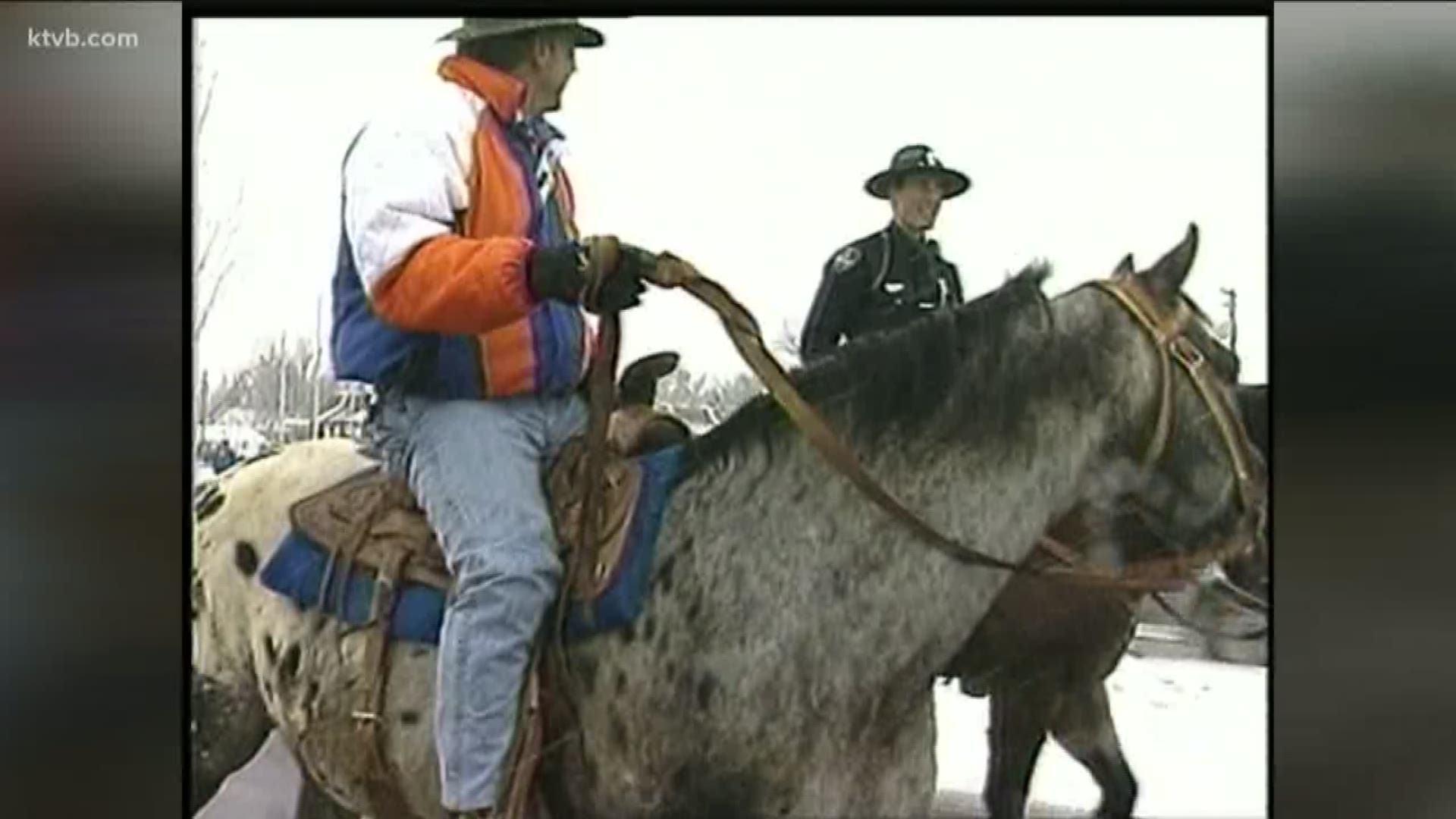BOISE, Idaho — THIS DAY IN SPORTS…June 22, 1938, 85 years ago today:
Popular sentiment has Joe Louis fighting not only for the heavyweight championship, but also for democracy as Max Schmeling unwittingly represents Adolf Hitler and fascism. Actually, the German boxer was not a member of the Nazi party, but 70,000 fans at Yankee Stadium (and 70 million more listening on the radio) cheered as if he were as Louis blitzed him. Sent to the canvas three times, Schmeling was counted out just 124 seconds into the fight.
It was a rematch of a 1936 showdown between Louis and Schmeling. The dynamics of these matchups were unlike anything the sporting world had seen at that point in history. You had one of the most significant African-American athletes of the era (along with track superstar Jesse Owens) and a German crossing the Atlantic with Europe in upheaval in the lead-up to World War II.
Seen as unbeatable, Louis was 24-0 (with 21 knockouts) going into the first fight against Schmeling and was the top contender in the quest for James Braddock’s heavyweight championship. Schmeling was right behind him and had held the world heavyweight title from 1930-32. As the story goes, Louis was complacent during training, learning golf while gearing up for the bout. Schmeling, meanwhile, had done his homework on Louis. Before a sellout crowd at Yankee Stadium, Schmeling stunned Louis with a fourth-round knockdown, the first time in his pro career he had hit the canvas. With one eye closing due to punishment from Schmeling’s jab, Louis had vision challenges and was finally knocked out in the 12th round.
In 1937, Louis knocked out Braddock in eight rounds and theoretically should have been crowned heavyweight champ. But Louis refused to accept it unless he got another shot at Schmeling. By the time the rematch took place, tensions had risen between the U.S. and Nazi Germany. Although Schmeling was a proud German, he refused to go along with Nazi doctrine, especially Aryan supremacy. He even rejected the “Dagger of Honor” from Hitler.
Schmeling had to be accompanied by a Nazi Party publicist, who tried to control the narrative. The U.S. had turned decidedly against him. Louis had visited President Franklin Roosevelt in the White House, and this time he took training very seriously. He wanted to end the fight early, and he did. The victory was celebrated across the country, but particularly in the Black community, beginning in Harlem immediately after the bout. Louis would hold the heavyweight title for 12 years and is considered the nation’s first African-American hero. The footnote: he and Schmeling eventually became good friends and remained so until Louis’s death in 1981.
(Tom Scott hosts the Scott Slant segment during the football season on KTVB’s Sunday Sports Extra. He also anchors four sports segments each weekday on 95.3 FM KTIK and one on News/Talk KBOI. His Scott Slant column runs every Wednesday.)
Watch more Sports:
See KTVB sports coverage in our YouTube playlist:



